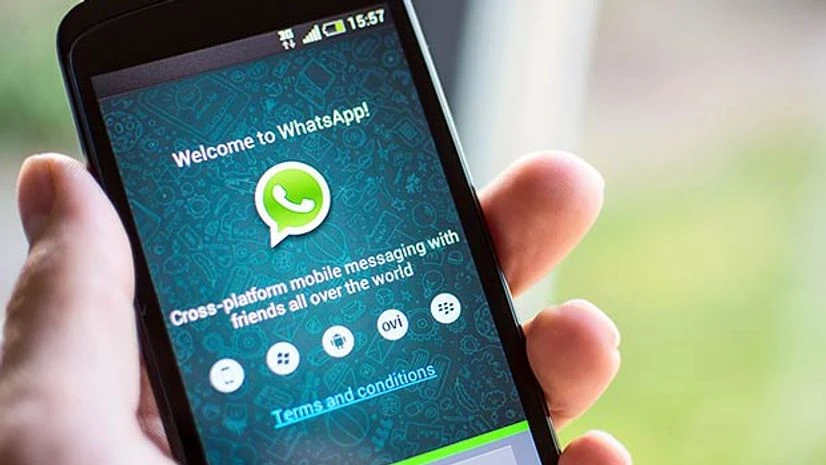Users of WhatsApp in China and security researchers have reported widespread service disruptions amid fears that the popular messaging service may be at least partially blocked by authorities in the world's most populous country.
WhatsApp users in China reported today on other social media platforms that the app was partly inaccessible unless virtual private network software was used to circumvent China's censorship apparatus, known colloquially as The Great Firewall.
WhatsApp, which is owned by Facebook and offers end-to- end encryption, has a relatively small but loyal following among users seeking a greater degree of privacy from government snooping than afforded by popular domestic app WeChat, which is ubiquitous but closely monitored and filtered.
More From This Section
A report this week by the University of Toronto's Citizen Lab detailed how Chinese censors were able to intercept, in real time, images commemorating Liu in private one-on-one chats on WeChat, a feat that hinted at the government's image recognition capabilities
It appeared that pictures were also the focus of the move to censor WhatsApp. Late today, users in China could send texts over WhatsApp without the use of VPNs, but not images.
Nadim Kobeissi, a cryptography researcher based in Paris who has been investigating the WhatsApp disruption, said he believed The Great Firewall was only blocking access to WhatsApp servers that route media between users, while leaving servers that handle text messages untouched. He said voice messages also appeared to be blocked.
But there was no evidence to suggest that Chinese authorities were decrypting WhatsApp messages, Kobeissi added.
A Chinese censorship researcher known by his pseudonym Charlie Smith said authorities appeared to be blocking non- text WhatsApp messages wholesale precisely because they have not been able to selectively block content on the platform like they have with WeChat, which is produced by Shenzhen- based internet giant Tencent and legally bound to cooperate with Chinese security agencies.
Because WhatsApp content is encrypted, "they have moved to brute censor all non-text content," Smith said in an email.
"It would not be surprising to find that everything on WhatsApp gets blocked, forcing users in China to use unencrypted, monitored and censored services like WeChat."
Chinese foreign ministry spokesman Lu Kang said he had no information on the issue when asked by reporters today.
Facebook did not immediately respond to a request for comment. WhatsApp is one of the world's most widely used messaging services, with over 1.2 billion users.
(Only the headline and picture of this report may have been reworked by the Business Standard staff; the rest of the content is auto-generated from a syndicated feed.)

)
